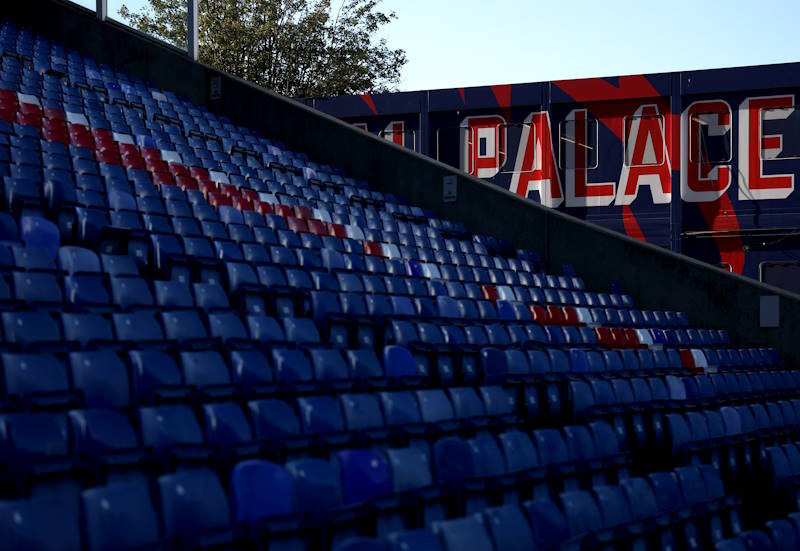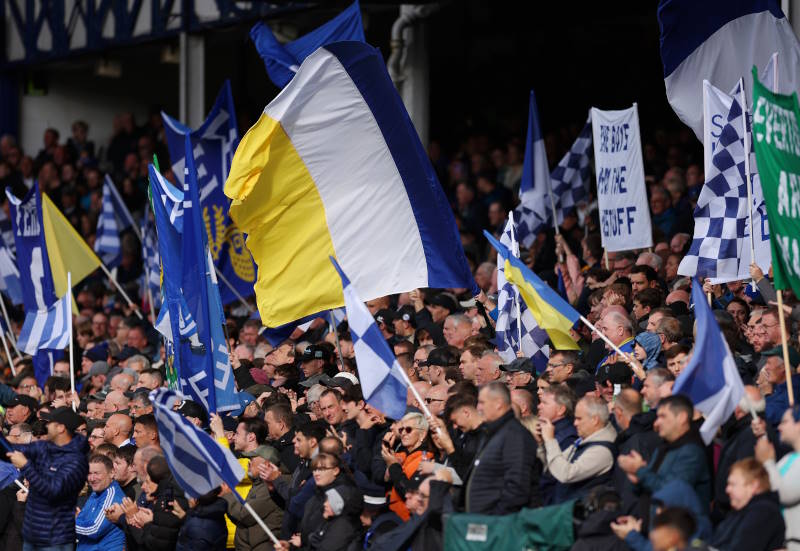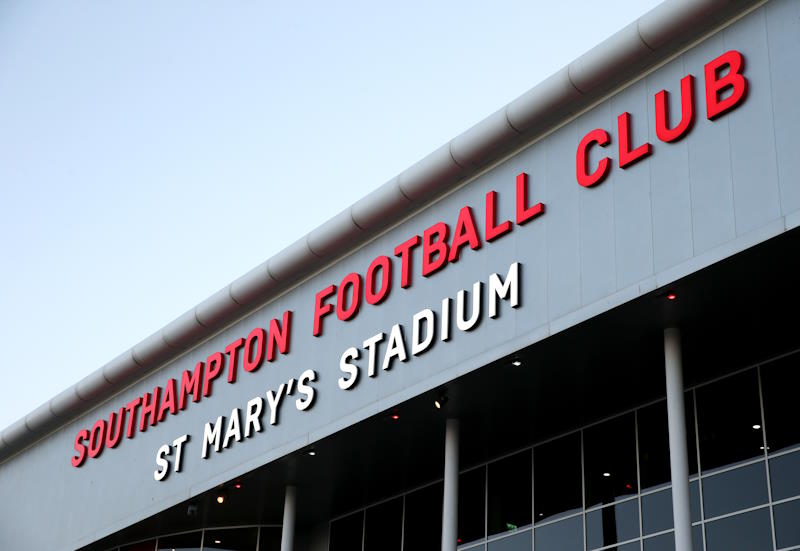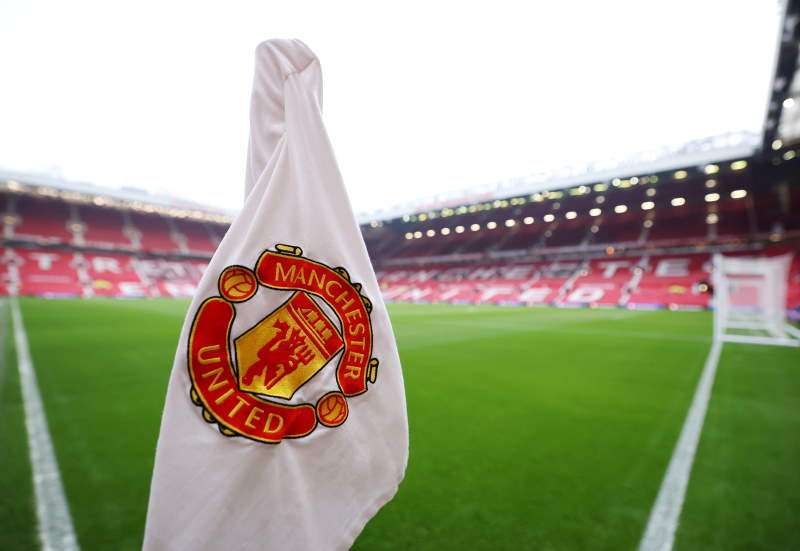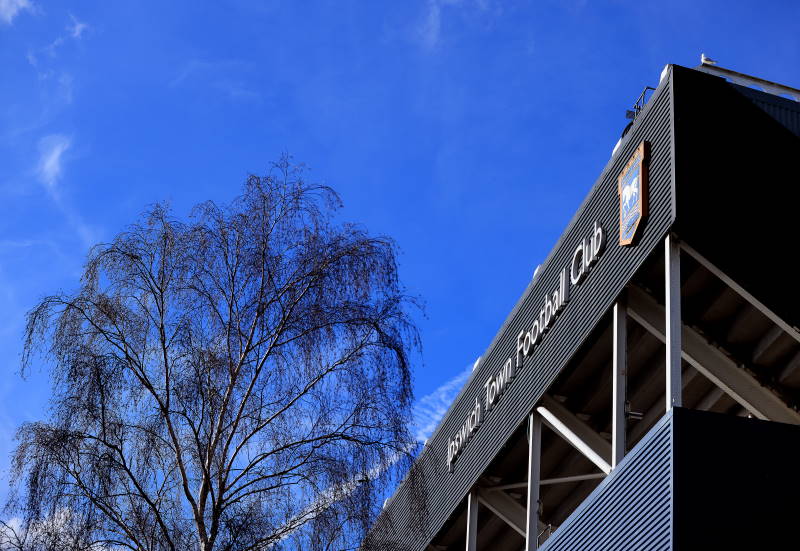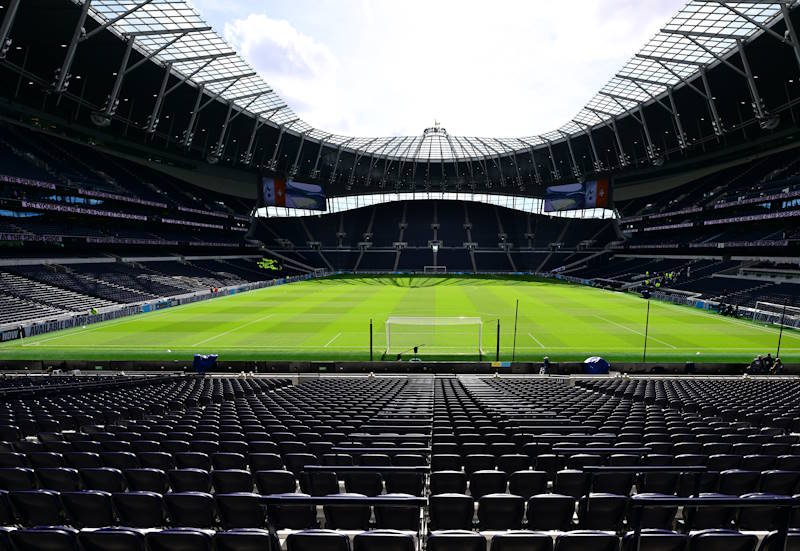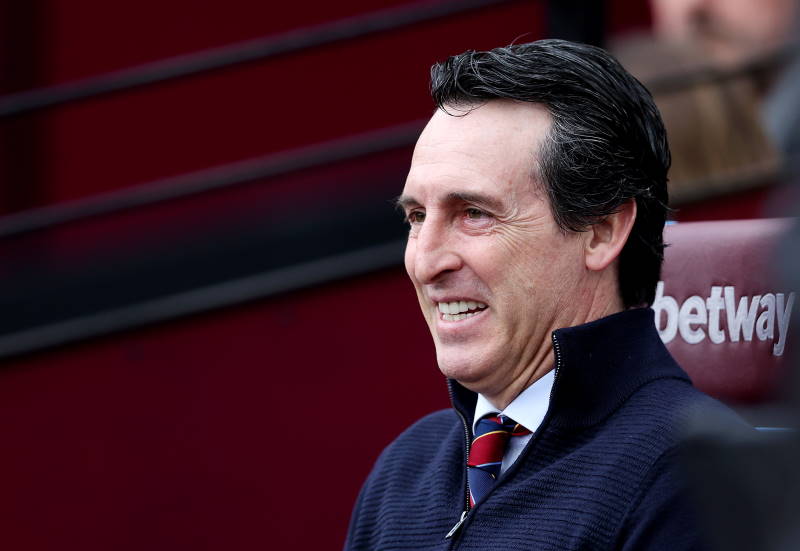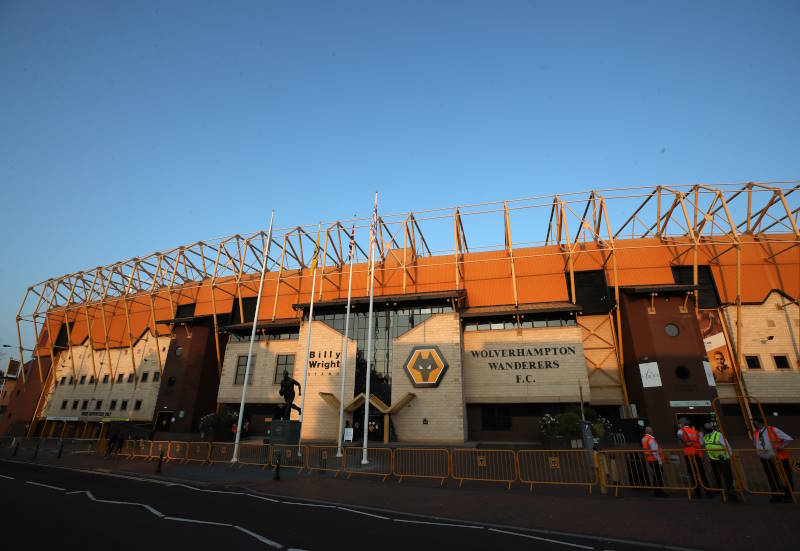
Let no-one believe that bidding for a World Cup is an easy task. The heady combination of politics, vested interests, financial concerns, high-minded thinking about the state of the game and the arcane strictures that this process is played out in make it a hard task indeed.
Throw in the fact that each country is quite literally competing with other nations, in this case over a decade before any ball will be kicked, and it becomes clear that bidding for the World Cup takes a special team.
Whilst all eyes were enjoying the spectacle in South Africa there were a lot of people busy trying to bring a piece of that magic back to their homelands. For Australia, when it became clear that the 2018 World Cup was going to Europe their bid was refocused on the race for 2022. The Australians have until 2nd December to wait for the final vote, but the FIFA Executive Committee meeting in October will also be crucial, as will the visit, later this month, of a FIFA delegation to throw their gaze over some of Australia’s current facilities.
Having recently hosted an Olympic games, a Commonwealth games, and four professional football codes simultaneously, Australia should be a good bet for a successful tournament. Rival domestic sports, reluctant to have their seasons, or their stadiums, disrupted, put up a fight at first, but eventually in May, agreements were reached for appropriate compensation and the bid book was formally submitted.
Up against Qatar, Japan, South Korea and the USA, Australia seems a good option if only because out of that group it looks a lot like their turn. All but Qatar have hosted the tournament in the last 20 years and it is hard to imagine a case for the Middle Eastern country beyond their evident financial muscle. Qatar would have to build new stadiums for any competition and find a way of then cooling them to combat the sometimes 40c+ temperatures.
One place Australia does fall behind is its sheer distance from anywhere else. A world-renowned tourist destination with plenty of year-round visitors it may be, but there’s a legitimate concern that the cost of travelling to Australia from all over the world may prove prohibitive, especially if travel prices rocket in anticipation of a rush. On balance however this can be discounted. The fact Australia is already a popular destination suggests the large distance is not prohibitive, even when a football spectacle is lacking.
There’s a savage irony in the next concern, since Australia may suffer for being part of Asia. The switch to the Asian Football Confederation has given Australia football legitimacy and taken away the indignity of racking up world record scorelines against some of the world’s smallest island states. Playing in the Asian Cup will improve the national game and qualifying through Asia avoids the need for a must win qualifying playoff, but the truth of the matter is, for an Asian country, Australia is not very Asian.
For the bean counters at FIFA this will not be insignificant and if continental turn-taking really does take off an Australian World Cup would put a big delay on what would surely be the two possibilities most likely to turn a big profit and inspire the local game, in India or China. Whether Australia is seriously considered an Asian bid or a one-off for a former colony may be a decisive factor.
But most disturbingly for the Australian bid, some controversy has blown up. The Age newspaper ran a story claiming that monies spent were not being properly reported amongst other claims of impropriety, claiming a disparity between the figures reported to the government (who are bankrolling the bid) and those privately shared amongst the bid team. The federal government quickly investigated and exonerated the FFA of any wrongdoing. The FFA have followed this up by pursuing claims against The Age.
It’s clear that the FFA want to distance themselves from any notion of impropriety and Ben Buckley, CEO of Football Federation of Australia, responded to allegations in some depth in a letter to, and published by, The Age, taking each allegation and producing an impressive point by point defence, from the hiring of consultants to the giving of gifts. What’s worrying is that ongoing legal proceedings are keeping the notion of scandal in the press and forcing The Age into a corner. As yet nothing has come out, but the paper is planning on defending their articles. It can only be hoped that it can happen behind closed doors.
A large focus of The Age’s questions regarded the roles being played by consultants. Mr Peter Hargitay, for example was claimed to be being paid $1.35M by the FFA and had a success fee of $2.54M. He, with another consultant Mr Fedor Radmann, are it was claimed, set to bag almost a quarter of the $46M bid budget, should Australia prove successful.
The FFA would not reveal how much each of these were being paid, but pointed out that it was appropriate to hire in specialists for a task such as winning a World Cup bid. Hargitay himself spent the World Cup just gone meeting most of the FIFA Executive Committee, keeping in touch with Sepp Blatter and ensuring Australia’s bid stayed in focus. His name seems to garner the attachment ‘colourful’ more often than not, but his spin skills seem certain.
And yet, despite having such a seasoned campaigner things still remain up in the air. Even with Elle McPherson officially behind the bid and David Moyes chipping in that he thinks Australia should host it, with Hugh Jackman lending support and all the rival codes coming together to share their grounds, all is still to play for. “It will come down to the night before the vote,” said Hargitay recently. “’It always does. People are trying to twist elbows in the last minute, the last night, even the morning of the vote.”
Because Australia’s bid is funded by the government it is in the public interest to know that it is being done right. But for many it is just as important that it is successful. There will be no toleration for breaking the rules, but given that it is clear that winning a World Cup bid requires some arch-schmoozing, it makes sense to pay for one of the best. Australia stand a decent chance of hosting the 2022 World Cup, and thereby seeing it visit every continent, but after years of preparation, the entire process could still come down to the morning of the vote.
*Photo courtesy Lennart Nacke.

